Fire Extinguishers
Home » Fire Safety Systems » Fire Extinguishers
Schedule Your Free Fire Extinguisher Survey
Book a Fire Extinguisher consultation with Triple Star Fire and Security, Oprington’s trusted experts.
Why Do You Need Fire Extinguishers?
You’ve probably seen Fire Extinguishers around in buildings, offices, mounted on walls, and of varying sizes and types.
Most people believe any fire extinguisher will do the job, however, this is incorrect.
There are a wide range of types of fire extinguishers, coming in various sizes, shapes, and containing various chemicals to extinguish different types of fire.
Unfortunately, just buying any old fire extinguisher won’t be a one-size-fits all solution, which is why we’re here.
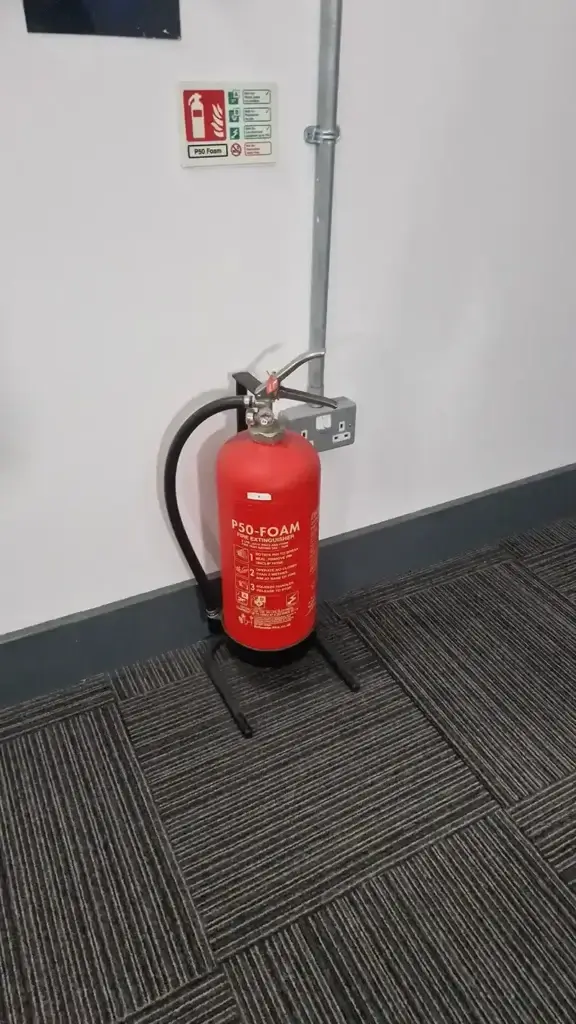
How Can We Help You?
Our team understands where various fire extinguishers are needed, and, based on your needs, we’ll select the right one for the job.
As we hold a BAFE certification, you can be sure that we’ve been thoroughly audited. You can be sure that, not only will we use safe, compliant equipment, but that we’ve got the expertise and experience to select and install them properly.
Solutions We Offer
- Water Extinguishers For Class A Fires
- Foam Extinguishers
- CO2 Extinguishers
- Powder Extinguishers: Multi-Purpose
- Wet Chemical Extinguishers
Other Fire Safety Systems Services
Need More Info?
If you’re unsure about your Fire Safety compliance or security needs get in-touch with our team.
CASE STUDIES
Fire Safety Projects we've Completed
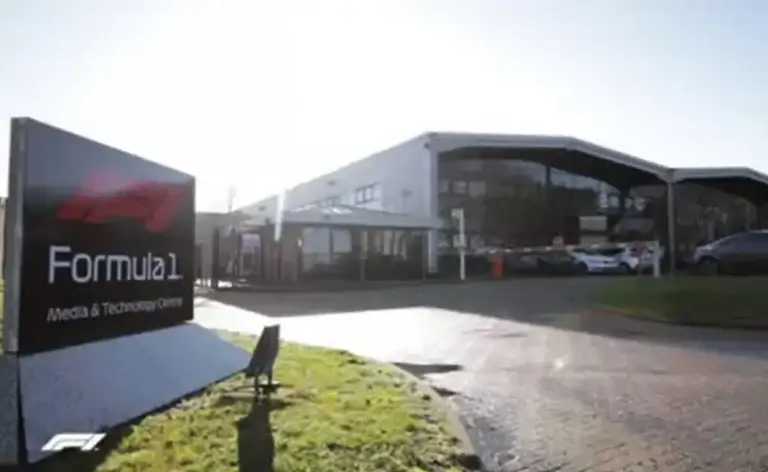
Wireless Fire Alarm System for Formula 1 Remote Technical Centre, London
When Formula 1 established a new Remote Technical Centre in London, the facility required a fire detection and alarm system…
Read More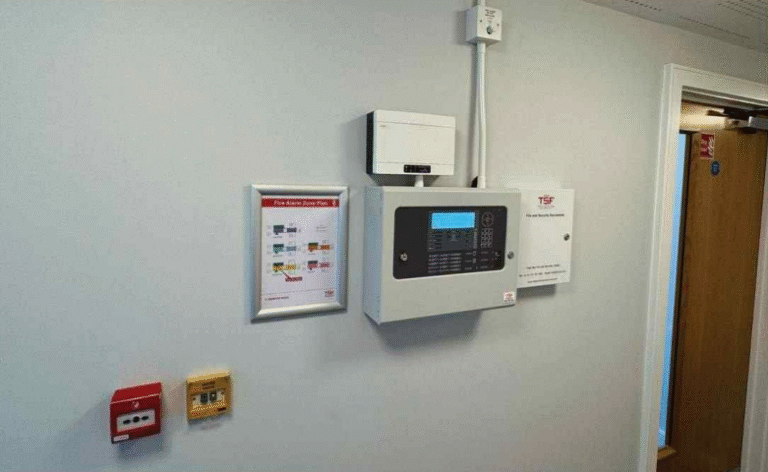
Wireless Fire Alarm System Replaces Waking Watch at London Building
A London property previously relying on temporary waking watch fire safety measures required a permanent, modern fire detection solution. Triple…
Read More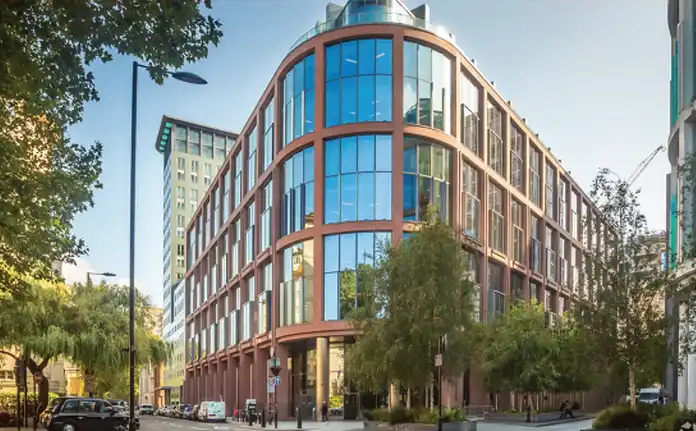
VESDA Air Sampling Fire Detection System in London
A modern, multi-storey commercial building in London required a highly sensitive fire detection system capable of identifying smoke before flames…
Read MoreWhat You Can Expect From
Triple Star Fire and Security
What You Can Expect From Triple Star Fire and Security
Step 1
Consultation
Speak to Our Team.
Step 2
Planning
Arrange a free site visit.
Step 3
Installation
We’ll Design and Install your system.
Step 4
Maintenance
Handoff & Ongoing Maintenance.
OUR ACCREDITATIONS
Widely Accredited
To show we’re serious about providing safe, compliant solutions, we’re widely accredited and routinely audited to ensure we provide quality solutions to our customers.
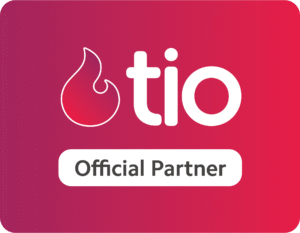
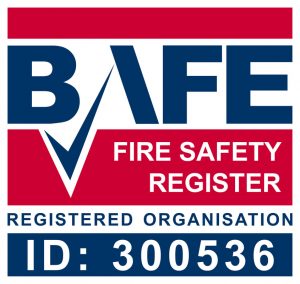
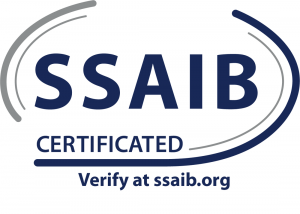
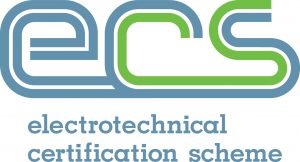
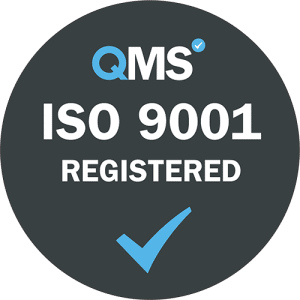
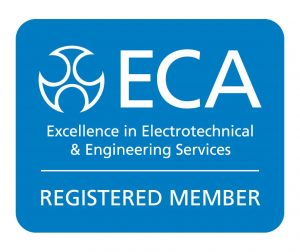
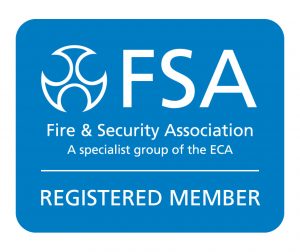
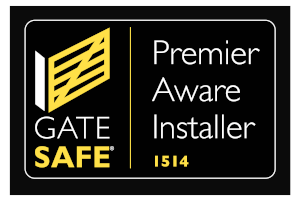

FREQUENTLY ASKED QUESTIONS
Common Inquiries About Our Services
What type of fire extinguishers do I need for my business?
It depends on the type of business you have and the potential fire risks. A risk assessment will identify the specific types of extinguishers you need, such as water, foam, CO2, or powder.
How many fire extinguishers do I need in my business premises?
The number depends on the size and layout of your premises and the level of risk. A general rule is that you should be within 30 metres of an appropriate extinguisher, but a proper assessment is essential.
Where should fire extinguishers be located in a business?
They should be placed in easily accessible locations, usually along escape routes and near exits. They should also be mounted at an appropriate height and have clear signage.
Does a small business legally need to have fire extinguishers?
Yes, all businesses, regardless of size, have a legal responsibility to provide appropriate fire-fighting equipment, which includes fire extinguishers. This is part of your overall fire safety obligations.
How often do fire extinguishers need to be serviced?
Fire extinguishers need to be serviced annually by a competent person. You should also carry out regular visual inspections to check for any damage or issues.
What is the best fire extinguisher for an office?
For a typical office, a combination of foam and CO2 extinguishers is often recommended. Foam covers general risks (paper, etc.), while CO2 is safe for electrical equipment. However, each office should be assessed individually.
